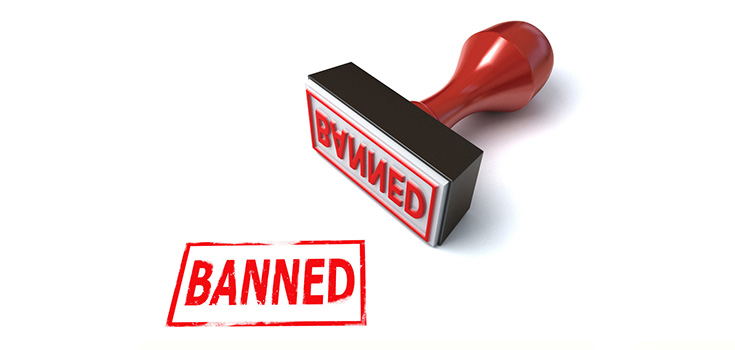FDA Considers Outlawing Cancer-Linked BPA, Decision by March 31

A major decision will soon be made which will ultimately determine whether or not a known hazardous chemical will continue to inhibit food products, plastic packaging, personal care products, and an abundance of other common items. By March 31, the United States Food and Drug Administration will decide if toxic chemical bisphenol-A (BPA) will continue to be used in widescale production.
FDA Could Potentially Ban BPA, Decision to be Made by March 31
In 2010, Canada was one of the first nations to take a large step in the fight against BPA. Even in the face of industry opposition, Canada has declared BPA to be a toxic substance. Although in 2009 the American Chemistry Council filed a formal notice of objection in labeling BPA as toxic, under the argument that it is indeed safe, the objection was rejected on July 27 2010. More recently, French lawmakers decided to ban bisphenol-A from being used in all food packaging. Maybe the U.S. will catch up in protecting public health from bisphenol-a on March 31, or maybe not.
While the ban may potentially occur shortly after the decision made by French lawmakers, the FDA says that the potential U.S. ban of BPA is prompted by a 2008 lawsuit filed against the FDA by the National Resources Defense Council (NRDC). Months before the lawsuit, the NRDC filed a petition with the FDA requesting that BPA be banned from food packaging. No more than 180 days can pass before the FDA legally has to respond to written petitions, but according the NRDC, the FDA failed to meet the deadline and therefore filed suit to force a response. Although the FDA is now finally answering, it took court intervention just for the organization to do it’s job.
“Now, the FDA has agreed to give us an answer — 41 months after the petition was filed,” the NRDC’s Sarah Janssen wrote in a Dec.
Meanwhile, other nations have been taking a stand against BPA:
- The European Union, Turkey, and other countries banned BPA from baby bottles in 2008.
- In 2007, Canada banned BPA from baby bottles
- Denmark banned BPA in baby food products.
- The Japanese industry can no longer use BPA for can linings.
Bisphenol-A, an industrial chemical know for disrupting hormones, is causing a plethora of health problems. BPA has been shown to ignite hyperactivity and depression in young girls, while also being linked to breast cancer in more than 130 studies. Infertility and fertility defects are also caused by BPA exposure.
The chemical is so ubiquitous that it has been found in the urine of nearly 93 percent of Americans. BPA levels are undoubtedly higher in those who consume food from a can, with a Harvard study finding that eating canned soup can spike urinary bisphenol-A levels by 1,200 percent compared to fresh soup.
Perhaps on March 31 the FDA will finally act on the BPA epidemic. Until then, and until BPA use is truly avoided by companies, it is imperative to educate yourself on how to naturally reverse the effects of toxic BPA.
Additional Sources:

About time!
I wanna go to Florida.
it's been raining for 3 days
Last I heard they deemed BPA "safe" disregarding hundreds, if not thousands of professional articles. Worst than this 'decision' they are looking to promote BPS if BPA is disallowed. BPS is even MORE dangerous…are they promoting Agenda 21, the de-population agenda they call 'sustainability'??? Seems many have spoken openly about this agenda formulated at the UN I believe. Noteworthy people like H KiSSinger, bill gates, warren buffet, etc…even Oprah apparently meets privately with other 'elites' for such discussions. And W.H.O. has been implicated in contaminated vaccines given to many in Africa; the vaccines were contaminated with AIDS…seems very apparent what is at hand and it is unadulterated wickedness in high places.imho